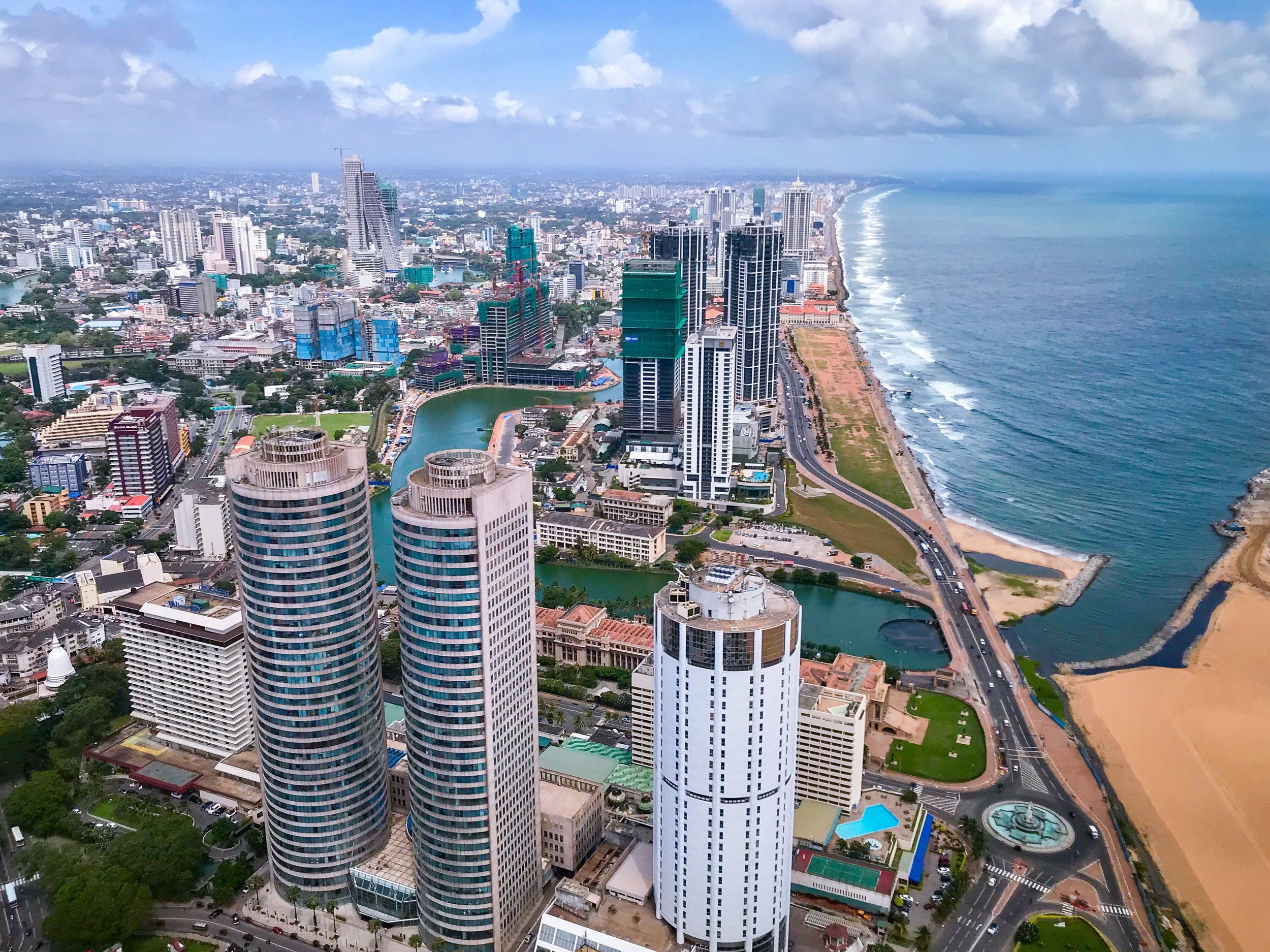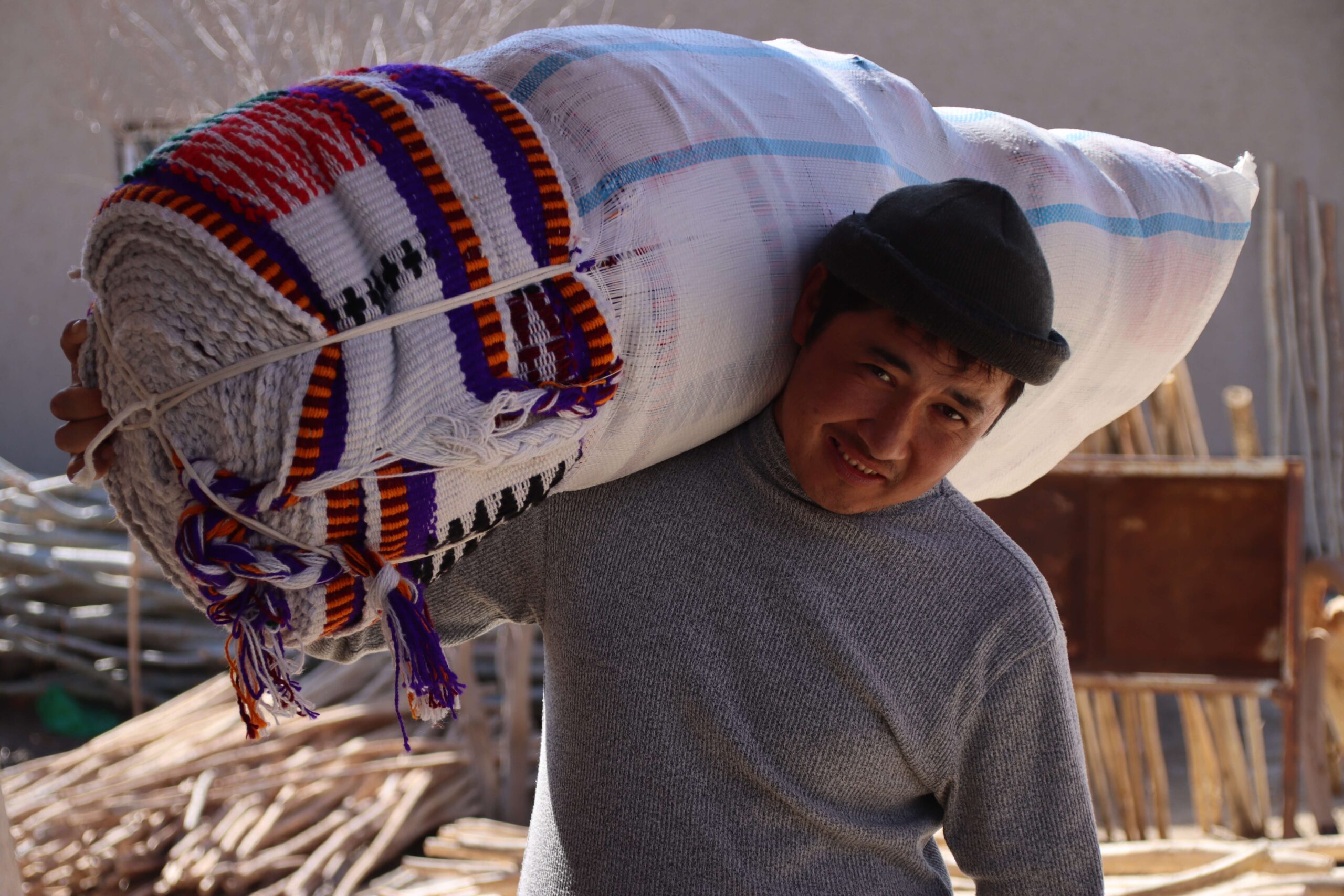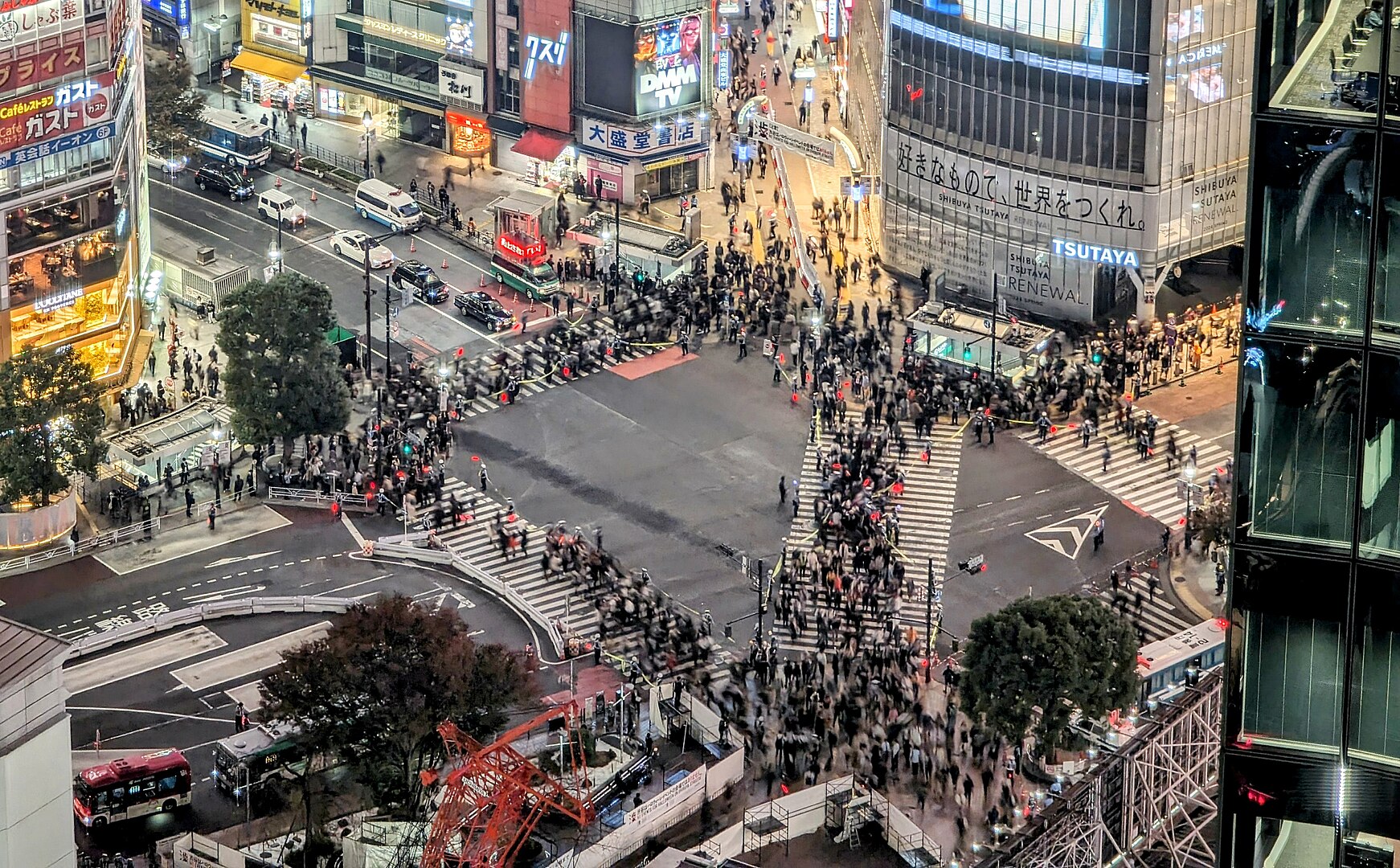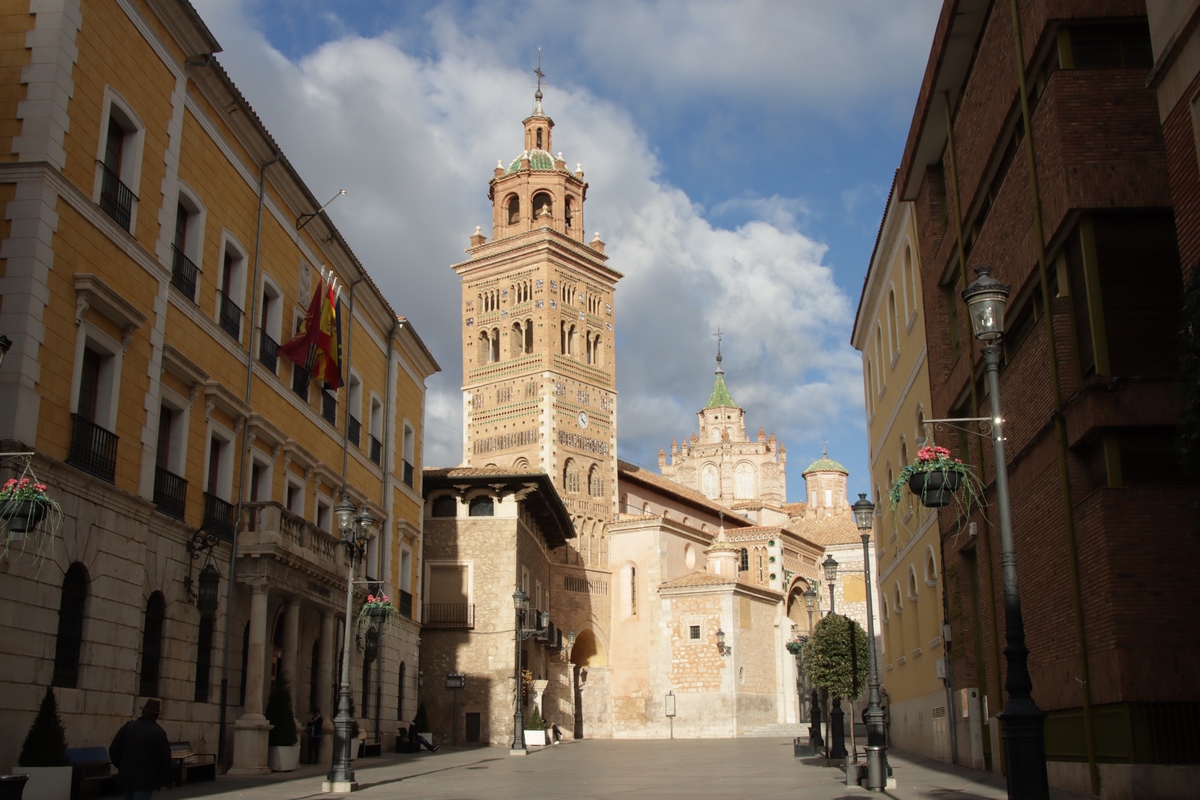A series of bombings on churches and hotels in Sri Lanka on Easter Sunday killed 290 people and wounded more than 500 others. The country is in a state of emergency, and its capital, Colombo, is under curfew amid warnings of further attacks and fears of communal violence.
On Friday, the United States released a Level 3 travel advisory for travelers planning a visit to Sri Lanka “Terrorist groups continue plotting possible attacks in Sri Lanka. Terrorists may attack with little or no warning, targeting tourist locations, transportation hubs, markets, shopping malls, government facilities, hotels, clubs, restaurants, places of worship, parks, major sporting and cultural events, educational institutions, airports, hospitals, and other public areas,” said a press release from the State Department.
The Chinese government released a similar statement, warning against all but imperative travel, and visiting crowded areas.
Amaq News, the ISIS media wing released an image of several Islamic State fighters, stating “The perpetrators of the attack that targeted nationals of the countries of the coalitions and Christians in Sri Lanka before yesterday are fighters from the Islamic State”.
Meanwhile the Sri Lankan government have given police the power to detain suspects without a warrant, and allegedly 40 people have now been arrested in connection to the attacks.
A Different Story
There’s no doubt that an attack like this can alter the global opinion of Sri Lanka as a tourist destination, but while the deadly bombings were being carried out, the world renowned Parisian cathedral of Notre Dame caught on fire and lost its roof.
Though the cathedral was an international tourist destination, and has been for over a hundred years, the reality is that the danger inherent in a burning building is not enough to make visitors cancel their trip to Paris. After all, no one was even injured in the burning.
However, in a report published by the EU parliament, one can clearly see the dangers of traveling to Sri Lanka, even after such a horrific politically-inspired attack, have to be recognized as less than the danger of travelers being harmed in similar attacks while in Europe.
Over the last 4 years, 347 people have been killed within EU nations by 63 incidents labeled as terrorist attacks. And while the death toll of the church bombings in Sri Lanka, or the Mosque shootings in New Zealand for that matter, are indeed higher than the average EU attack, there are just far more occurring every year in the EU.
“…With tourism being a significant source of foreign exchange for the Sri Lankan economy, this could have significant short-term and long-term implications,”
Solidarity with Sightseeing
Akhil Bery, South Asia analyst at political risk consultancy Eurasia Group, said the Easter bombings could have a significant impact on the country’s economy.
“Given that Sri Lanka’s economy is so dependent on tourism — and especially given that a lot of its policy-making is geared towards its difficulties with foreign exchange – and with tourism being a significant source of foreign exchange for the Sri Lankan economy, this could have significant short-term and long-term implications,” Bery told CNBC’s Nancy Hungerford on Monday.
According to a press release from Travel Wires, tourism arrivals in Sri Lanka reached 2.33 million in 2018 – 10.3% higher than a year earlier, and some 420% more than in 2009, data from the Sri Lanka Tourism Development Authority showed.
In 2016 Sri Lanka’s national debt exceeded $54 billion US, requiring a bailout from the International Monetary Fund after declaring bankruptcy. Despite this, Sri Lanka has a Human Development Index of 77 in 2017; equal to countries like Mexico and Bosnia Herzegovina, and higher than places like Colombia and Thailand for perspective.
The diverse blend of cultures, incredible natural scenery, and beautiful beaches all contribute to the large Sri Lankan tourist sector. The industry makes up 5% of Sri Lanka’s economy and represents the third largest and fastest growing source of foreign currency in the country.
Almost no one deserves to be a casualty in the violent political statement of an organization like the Islamic State, and Sri Lanka doesn’t deserve to be relegated to just another far flung country full of insurgents in western minds. The reality is that the church bombings represent the first major violent event in the country in a decade, while during that time twice as many people were killed in attacks in the EU.
PICTURED: Herd of elephants bathing in the jungle river of Sri Lanka
The alerts released by the State Department which state “Terrorist groups continue plotting possible attacks in Sri Lanka. Terrorists may attack with little or no warning…” are just as true about countries within the EU. The EU report on terrorist attacks states that thousands of arrests made in connection with completed and failed terrorist attacks have been made over the last 5 years.
The best thing to do for someone who wants to help Sri Lanka recover or to show support and solidarity is to carry on treating Sri Lanka as a wonderful and adventurous summer holiday destination, especially since statistically speaking, it’s no more dangerous than Paris, Berlin, or London.





